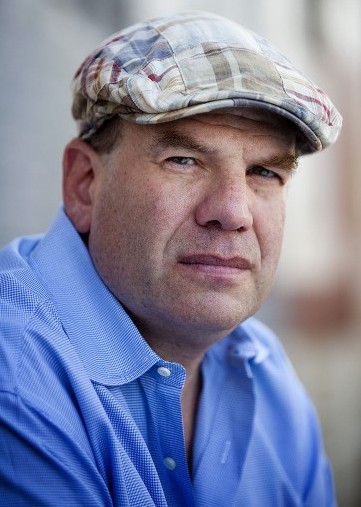This article is the first we publish in two languages. For the German version see below.
Dieser Artikel ist der erste, den wir in zwei Sprachen publizieren. Eine deutsche Version findet sich weiter unten.
Travelling circus coming to an end?
The European Parliament has just decided (Heads up: Brussels‘ officialese), in form of a non-legislative resolution, to seek to alter the Treaty of the Functioning of the European Union. The parliament, whose location has thus far been decided by the member states, wants to determine its seat on its own. The background for this decision is the fact that the EP is, at the moment, based in three different cities: Luxembourg, Strasbourg and my current home Brussels. This set-up is seen as expensive, arduous, bad for the environment and the reputation, but it is however enshrined in the treaties. The parliament now officially opposes this “compulsory and excessive travelling circus“ as Green deputy Gerald Häfner described it.
This resolution of the European parliament illustrates two things: On the one hand it may show that the parliament is emancipating itself from the other EU-institutions and the member states – with the members deciding matters against the will of the member states‘ governments. On the other hand, the ongoing ineptitude of the EP becomes evident, as it is missing a basic right: To decide on when and where it wants to congregate. Indeed, the parliament has been strengthened by the Treaties of Maastricht in 1992 and Lisbon in 2007 and now has co-legislative powers within the EU. Nevertheless, the EP still does not have the right to initiate legislation and can only confirm the composition of the European Commission, which acts virtually the European government. Furthermore, this parliament has to share legislative authority with the Council of the European Union (aka Council of Ministers), which represents the national governments as opposed to the European citizens.
„A European public sphere needs a strong European Parliament – and vice versa“ weiterlesen
